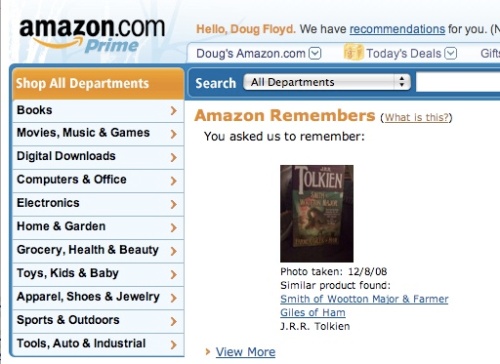Amidst the palaces of Babylon, Daniel gazes out into the desert. He enjoys power and privilege and luxury as an exalted advisor in the world’s most powerful empire, yet his heart is drawn to desert places.
No matter how many fineries surround him, Daniel cannot stop thinking about his beloved Jerusalem, the city that became a desert. The once blessed city of peace became of a den of cursing and oppression.
God blessed the city with glory and wisdom and fruitfulness. Man cursed the city with rebellion and idolatry and oppression. In the mystery of His grace, God uncreated this world. He lifted His hand and the cruelties of man’s sin returned Jerusalem to the formless and void. The glorious city became a desert, a wilderness, a wasteland.
Three times a day, Daniel sets his face toward the city that became a desert and he cries out to the Lord. He cannot stop thinking about the city, the promise, the hope of God’s glory. So he gazes into the desert. He cries out in repentance, he cries out in hope, he cries out in joy.
For he knows the city will be rebuilt, that the kingdom of God will come, and a way will be prepared in the wilderness. So he watches and waits and longs for the coming of the Lord.
Daniel’s faithful watching challenges us to watch and wait for the coming of the Lord. We live amidst the luxuries of the world’s most powerful nation. Yet the treasures of this exalted land cannot quiet the desert of discontent.
In the midst of our many blessings, we still curse and betray. We violate and are violated. Everything good seems to crumble into decay as soon as humans touch it. We are surrounded by broken relationships, broken homes, broken dreams and broken hearts.
We must not fall for the illusions of Babylon. Like Daniel let us set our eyes on the desert. And may the relentless cry of the psalmist beat in our hearts:
O God, You are my God;
Early will I seek You;
My soul thirsts for You;
My flesh longs for You
In a dry and thirsty land
Where there is no water.
(Psalm 63:1)
In the inner desert of our hearts, may we prepare a way for the Lord. May we cry out for the Savior of our souls, of our world. May we watch and wait with expectancy, with hope, with joy. For He is coming and even now His light is overcoming the darkness.
